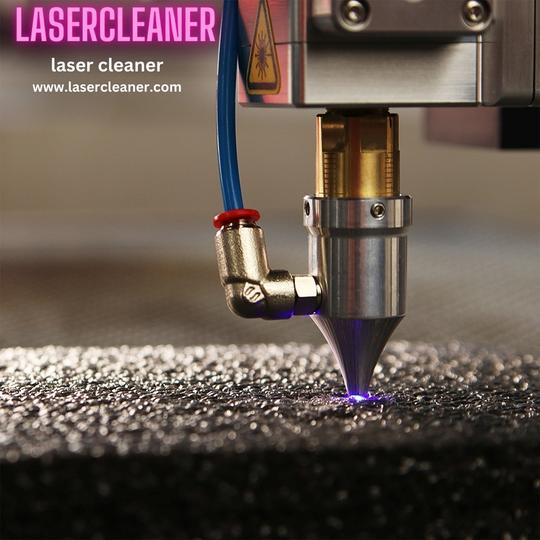
Revolutionize Your Cleaning Process with Advanced Laser Cleaner Technology
In an era where precision and efficiency are paramount, traditional cleaning methods are often inadequate. Whether dealing with industrial equipment, delicate artifacts, or intricate components, the need for a non-abrasive, environmentally friendly, and highly effective cleaning solution has never been greater. Enter the laser cleaner—a groundbreaking innovation that transforms cleaning processes across various industries.
The Science Behind Laser Cleaning
Laser cleaning technology utilizes high-intensity laser beams to remove contaminants, such as rust, paint, oil, and other residues, from surfaces. The laser beam is precisely controlled to target only the unwanted material, ensuring that the underlying surface remains untouched. This method is exceptionally effective for both large-scale industrial applications and delicate tasks requiring meticulous care.
Advantages of Using a Laser Cleaner
- Non-Abrasive Cleaning: Unlike mechanical or chemical cleaning methods, laser cleaning is non-abrasive. It does not damage or wear down the surface being cleaned, making it ideal for preserving delicate materials and intricate components.
- Precision and Control: Laser cleaners offer unparalleled precision, allowing operators to target specific areas without affecting adjacent surfaces. This precision is crucial for applications requiring detailed work and high-quality finishes.
- Environmentally Friendly: Laser cleaning eliminates the need for harsh chemicals and solvents, significantly reducing environmental impact. It produces minimal waste, with contaminants vaporized or collected as fine dust.
- Cost-Effective: Although the initial investment in laser cleaning equipment may be higher, the long-term savings are substantial. Reduced labor costs, minimal waste disposal, and lower maintenance requirements contribute to overall cost efficiency.
- Versatility: Laser cleaners are versatile and can be used on a variety of materials, including metals, plastics, and composites. They are suitable for numerous industries, such as automotive, aerospace, manufacturing, and heritage conservation.
How Laser Cleaning Works
The process involves directing a high-energy laser beam at the contaminated surface. The laser energy interacts with the contaminants, causing them to heat up and either evaporate or be ejected from the surface. The parameters of the laser, such as wavelength, pulse duration, and energy, can be adjusted to optimize cleaning for different materials and types of contaminants.
Applications of Laser Cleaners
- Automotive Industry: Laser cleaners are used to remove rust, paint, and other residues from car bodies, engine parts, and other components, ensuring vehicles remain in top condition.
- Aerospace: In aerospace, where precision is critical, laser cleaners help maintain the integrity of aircraft components, enhancing safety and performance.
- Manufacturing: Regular maintenance of manufacturing equipment is essential to avoid downtime. Laser cleaners provide an efficient solution for keeping machinery free of contaminants.
- Heritage Conservation: Conservators use laser cleaners to restore and preserve historical artifacts, monuments, and artworks, ensuring that delicate surfaces are not damaged during the cleaning process.
- Electronics: Laser cleaning is used to remove oxides, residues, and other contaminants from electronic components, ensuring their proper functioning and longevity.
Choosing the Right Laser Cleaner
When selecting a laser cleaner, consider the following factors:
- Laser Power: Higher power lasers can remove thicker contaminants more quickly, but for delicate surfaces, a lower power laser may be more appropriate.
- Portability: Portable laser cleaning systems are ideal for fieldwork or applications where the equipment needs to be moved frequently.
- Automation: For large-scale or repetitive tasks, automated laser cleaning systems can increase efficiency and consistency.
- Cost and Support: Evaluate the cost of the equipment and the availability of technical support and training from the manufacturer.
Conclusion
Laser cleaners represent a significant advancement in cleaning technology. Their precision, efficiency, and eco-friendliness make them an excellent choice for various industries facing cleaning challenges. By investing in this cutting-edge technology, businesses can enhance their cleaning processes, reduce costs, and contribute to a cleaner environment.
Leave Your Comment